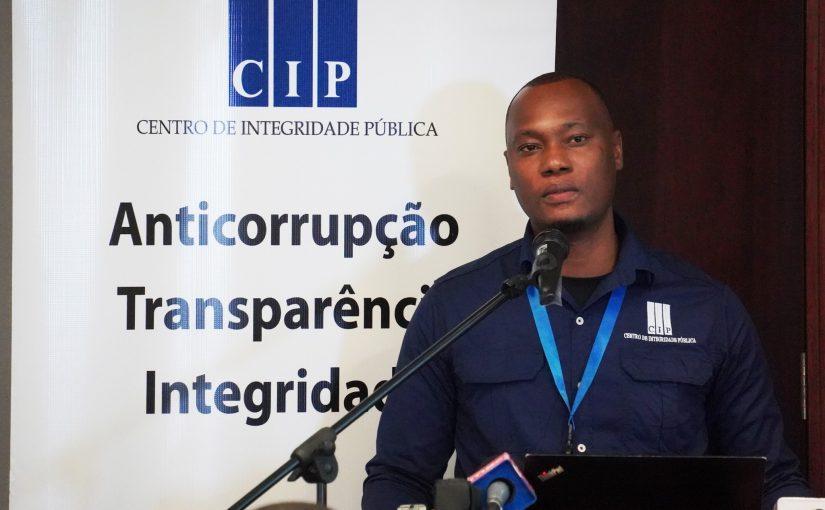Africa-Press – Mozambique. The Center for Public Integrity (CIP), a Mozambican non-governmental organization (NGO), on Wednesday (23-07) advocated the removal of executive powers from provincial Secretaries of State, describing such powers as burdensome, causing institutional conflicts and contributing to deficient public services.
“It is important to eliminate the executive issues that were assigned to Secretaries of State and maintain only sovereignty issues or, alternatively, exclusive issues, as provided for in the Constitution,” said CIP activist Ivan Maússe, speaking in Maputo during the presentation of a preliminary study on decentralization in Mozambique.
In the study, the Mozambican NGO reveals that “the decrees reduced the importance of the provincial Governor compared to the Secretary of State in the province” and contain “foci of conflict over protagonism”.
Reports collected by the CIP indicate that “decentralization is partial” and that “the Governor was elected and should have full powers”, Maússe said.
On the other hand, Maússe added that, from the beginning, the model proved to be expensive, with estimated costs of more than 52 million meticais (€700,000) for salaries, perks, and official vehicles for Secretaries of State.
“However,” he added, “these costs were considered optimistic” because they “did not include expenses for new facilities or the transformation of functions in the city of Maputo.” He also said that “field reports indicate other associated costs, such as increased corruption and confusion among citizens about where to conduct their affairs”.
The CIP study analysed decentralization in Nampula province, in the north of the country, and in Sofala and Zambézia provinces, in the centre, noting that the current model “has failed to solve the main problem of improving the delivery of local services through decentralized provincial governance bodies”.
Lack of open debate
The CIP also criticized the lack of open debate regarding the design of the decentralization model and the lack of adequate technical support during its implementation. The study’s conclusion states that “decentralization has not changed anything and has perhaps made things worse and weakened local institutions”.
The Centre for Public Integrity proposed two models for reforming the decentralized governance system, aiming to overcome flaws identified in the first cycle (2020-2024). The first model suggests “significant improvements” with adjustments and improvements to the structure to correct current dysfunctions, without radical restructuring.
Ivan Maússe added that “this would include, for example, clarifying roles between the Governor and the and the Secretary of State, the review of the criteria for sharing functions and the optimization of provincial funding flows and financial administration, while maintaining the basic legal and institutional framework. This is a more gradual and less disruptive approach”.
The second model suggests changes in the way power and resources are distributed, aiming for a “more complete transformation” and resolution of the “identified systemic problems.”
CIP points out that, this “may involve, for example, a substantial redefinition of the State’s representation in the provinces, greater autonomy for provincial bodies in the management of their resources and functions, and a broader review of the fiscal transfer system, seeking greater empowerment at the local level”.
The Commission for Reflection on the Decentralization Model (CREMOD) submitted its final report to the Mozambican government a few days ago. Although not yet public, the CREMOD final report is known to propose four models of decentralized governance.
For More News And Analysis About Mozambique Follow Africa-Press






